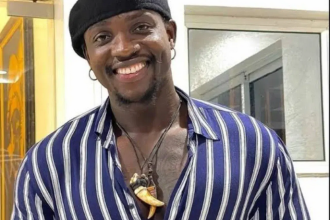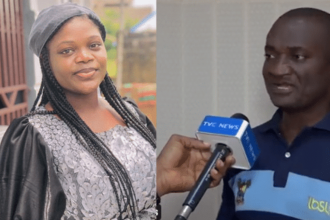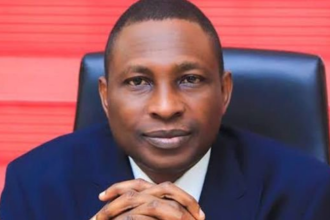In a deeply troubling revelation, several victims have come forward with firsthand accounts of being subjected to brutal treatment, including forced religious conversion, physical abuse, and extended periods of captivity. The testimonies, which have begun circulating in both local media and social platforms, paint a disturbing picture of coercion and violation of basic human rights…….CONTINUE READING
According to the victims, they were beaten severely, chained for days, and pressured or threatened into renouncing their faith. These incidents reportedly occurred in undisclosed locations across Nigeria, where vulnerable individuals—often young or economically disadvantaged—were allegedly held against their will.
“They chained my legs and beat me daily. They kept saying I had to denounce my religion or I would die there,” one victim shared during a press briefing.
Another survivor recounted how religious indoctrination was forced on them, with constant psychological pressure used to “break” their resistance.
Human rights organizations have condemned the reports and called on Nigerian authorities to launch an immediate investigation. Activists argue that these acts violate both national laws and international conventions on freedom of religion and protection from torture.
“This is not just a violation of religious freedom, it is a gross human rights abuse that should not be tolerated in any civilized society,” said a spokesperson from a local advocacy group.
Religious intolerance and forced conversions remain a sensitive issue in Nigeria, particularly in regions where ethnic and religious tensions run high. While this recent case has shocked the public, some experts believe it may be part of a broader, underreported trend.
Human rights lawyers and civil society groups are urging survivors to speak out and demanding justice for those affected. Lawmakers are also being pressured to introduce stronger legal frameworks to protect individuals from religious coercion and abuse
These testimonies serve as a chilling reminder of the ongoing need to protect freedom of belief and human dignity. As more victims find the courage to speak out, it is imperative that their voices lead to justice, reform, and national reflection.






